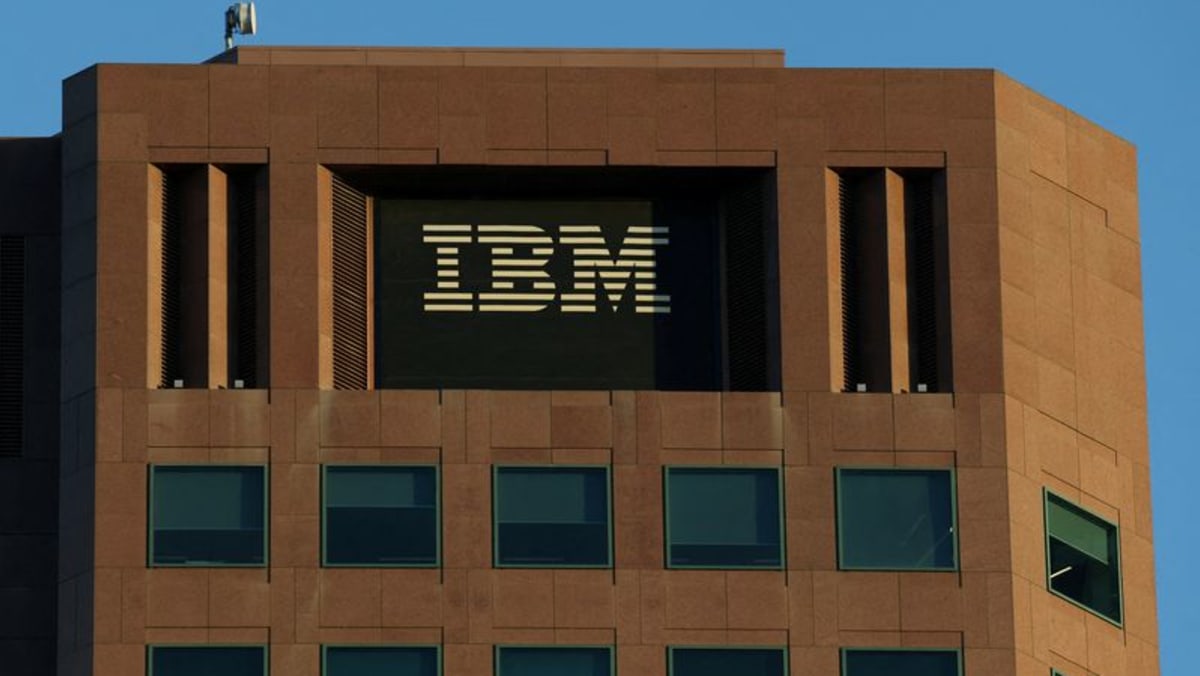Microsoft inks carbon removal deal with offsets startup Chestnut

Microsoft Corp has struck a deal with offsets startup Chestnut Carbon to acquire credits linked to the removal of carbon dioxide from the atmosphere, the firms said Wednesday, as part of the tech giant’s push to meet its sustainability goals.
Unlike other offset deals that generate credits by preserving trees, Chestnut plants new trees on land previously farmed or under other usage, providing greater environmental benefit, its founder Ben Dell said in an interview.
“This is, I believe, the largest U.S. afforestation project ever registered,” Dell said.
Under the agreement, Microsoft will acquire carbon removal credits for a period of 15 years from Chestnut from trees planted in the Mississippi Alluvial Valley. The first credits will be delivered to Microsoft in three years, to allow for the trees planted to mature, said Dell.
The parties declined to say how much Microsoft was paying for the credits, which equate to removing up to 2.7 million tons of carbon through the life of the contract.
“We are excited to collaborate with Chestnut and its Sustainable Restoration Project for high-quality, nature-based solutions located in the United States,” said Brian Marrs, senior director of energy & carbon removal at Microsoft.
Microsoft sees carbon removal programs as a key part of achieving its goal to be carbon negative by 2030, meaning that it will be contributing to the net removal of greenhouse gases from the atmosphere. In 2022, it contracted for more than 1.4 million metric tons of carbon removal, according to its website.
These removal techniques include afforestation measures and technological solutions such as direct air capture.
Microsoft is the first client of Chestnut, which is backed by private equity firm Kimmeridge Energy Management.
The revenue generated by Chestnut will allow some of Kimmeridge’s $200 million initial capital commitment to the company to be redeployed into new land purchases for Chestnut, said Dell, who is also Kimmeridge’s managing partner.
Source: CNA















